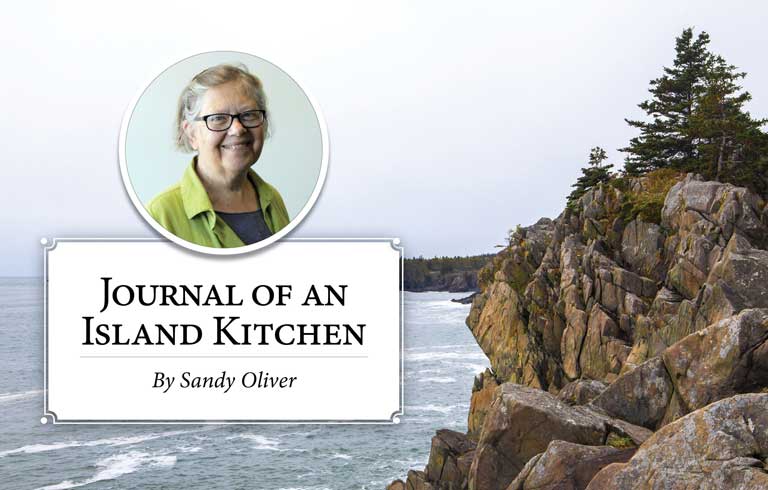All the recent noise about AI, artificial intelligence, has left me wondering what we are going to do with all our spare time. AI apparently can learn, solve problems, and plan for the future, which leads me to suspect that considering the state of the world, there was an awful lot of home-grown artificial intelligence around before computers got involved.
So someday The Working Waterfront can have AI write this column and I can go do other things with my time. The question remains, like what?
Technology consistently promises that machines will make our lives easier, that we’ll have more leisure. Instead, modern people find themselves working harder, more, and longer. History explains a little.
When it is easier to clean because of a vacuum cleaner, you’d think we’d take an afternoon off once in a while.
Take egg beaters. Before mechanical egg beaters, cooks used a bundle of twigs to whip whites into a froth for helping raise refined cakes. It took quite a while, so ordinary households didn’t make that kind of cake very often, perhaps only for the most special occasions. Some cakes required a lot of beating anyway, so a hired arm and hand to do the job meant if you could afford to, you could show off your prosperity with your elegant, light cake.
Cookbooks from the 1600s through the early 1800s contained a few recipes for cake, some raised with eggs, some with yeast. Many were denser and moister—think of pound cake—perfectly delicious but certainly not angel cake.
Along come egg beaters in the middle of the 1800s, and suddenly it was easier for ordinary homemakers to create cakes. Add to beaters, less expensive refined flour from western wheat, and cheaper sugar, plus expanded cookbook cake sections and almost anyone could have cake. In fact, before long it was expected.
The province of elite cake was invaded by lesser sorts with mechanical servants. The catch? The increased expectations, the elaborations. This occurred in most corners of everyday life.
Making clothing: instead of a seamstress making a garment in x hours by hand, with a sewing machine, x hours yielded a much more elaborate dress with lots of ruffles, pleats, buttonholes, etc., etc. You’d have thought they would be happy to make the dress in y hours, but nope. Maybe because the dress-buyer wouldn’t want to pay the same amount of money for a dress that took less time to make?
When it is easier to clean because of a vacuum cleaner, or to wash clothes because of a washing machine, you’d think we’d take an afternoon off once in a while. Instead we keep our houses cleaner than was ever possible in the past, and we wash our clothes more often. (Sure, the past was messier and smellier.) We’ve raised expectations and created elaborations.
We’ve done it with just about everything in our society. Our infrastructure makes possible a cross-country trip for a special event, so we may be expected to do so despite the fact that the system to support it requires hundreds of people working insane hours, yields earth-warming carbon, and we travelers bite our nails about delays and weather.
Our sneaky little phones have made it possible to stay in touch with dozens more people, all at the same time, than anyone ever conceived possible in the past, and so now the pressure is on to do that. Don’t answer someone’s text in a few minutes? OMG, don’t you love me anymore?
All this hasn’t apparently made us happier or provided respite. Who benefits from all this? Well, apparently, not most of us. Follow the money and you might figure it out.
I don’t have any more spare time than you do, but I expect you know what I’m going to do with the time I do have. Without listening to podcasts, or books read aloud, I’m going to go outdoors where there is, I hope for a little while more, birdsong and breezes in leaves, and I’ll stick my hands in the soil, plant seeds, observe the growth (or the lack of it), tend the plants, harvest, cook, and eat my produce.
Gardening is calming, good for the soul (even when it is exasperating), and soil bacteria on our skin promotes our healthiness. Because I know intimately the plants that become my food, I know what is in them. The carrots and onions that I cook don’t need an ingredient list.
I will learn from what I see and do, solve the problems that always crop up as we deal with the small lives—green, microbial, wormy—we have in our care, and plan for how to do things next year. Nothing artificially intelligent about it.
Sandy Oliver is a food historian who gardens, cooks, and writes on Islesboro. She may be reached at SandyOliver47@gmail.com.





